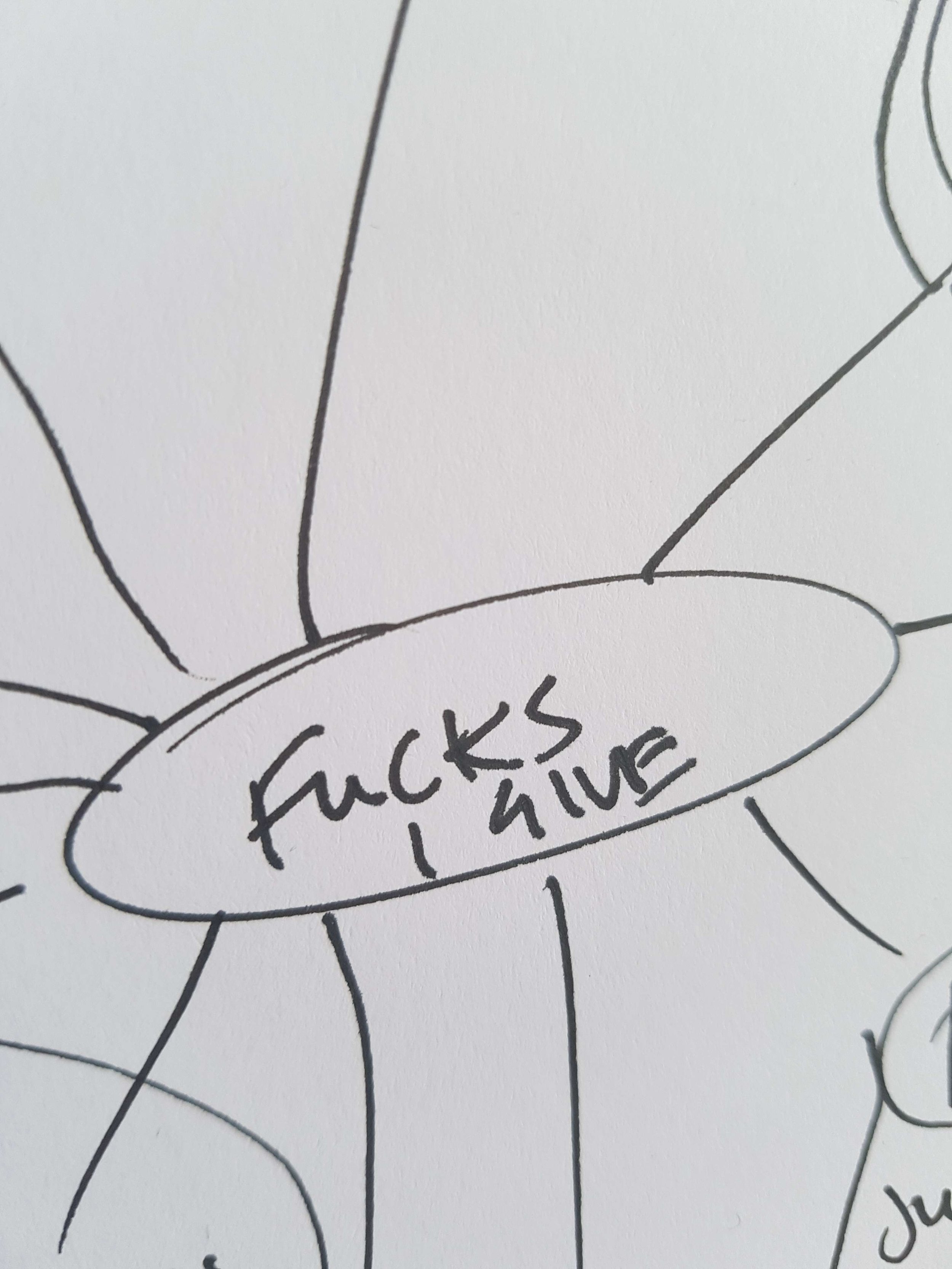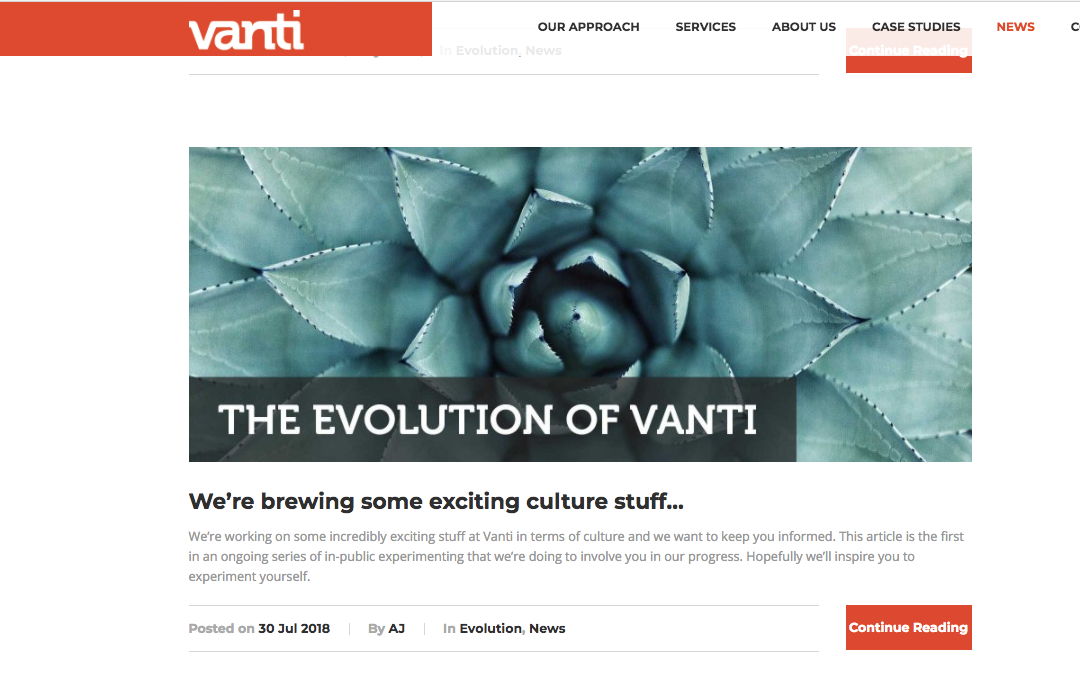Try this mindfulness practice to grow your capacity to face complexity and mess.
I’ve been practicing a particular type of awareness practice for the past few weeks and thought I’d share my notes from the field.
It comes from the work of Bill Torbert, who writes and teaches about Action Inquiry and the Seven Transformations of Leadership. His model has been really useful to me as a leadership coach not as a typology of personality types but as a guide to the tectonic shifts that (can) happen in adult life as we (potentially) evolve our capability to take wise and timely action in the face of complexity, uncertainty and mess.
Action Inquiry is about growing the ability to see that every action is an inquiry, an experiment, and how we can, rather than separate them, develop the consciousness to be take action and reflect at the same time.
One suggestion that Bill makes for cultivating this awareness is to practice paying attention to the ‘four territories of experience’.
Here’s how I frame the practice:
Outside
Body
Inside
Up
Outside — What can I see and hear? What’s happening around me right now? What are others doing and saying?
Body — What’s happening with my body? How am I breathing? What’s going on in terms of comfort and discomfort?
Inside — What am I thinking and feeling?
Up — What are my intentions right now?
Here’s how I remember
I got the MindBell app and set it to go off every 20 minutes or so from 8am to 8pm. It has a lovely gentle, but audible sound that was just right for me.
You have to set it so it doesn’t get shut off by your battery optimisation settings — a couple of times I noticed it hadn’t gone off all day and my efficient Android had put it to sleep.
You can also get it to pause for a set time if you’re going into a meeting or (more likely for me) having a nap. I don’t bother turning it off much anymore. If it goes off in a workshop or something, I just go, ‘Oh, that’s my mindfulness bell’ and that seems to make sense to people who know me?
Here’s what each territory does for me
I’ve tried for YEARS to remember throughout the day to be conscious (I actually don’t love the word ‘mindful’ as it’s totally been stolen from its Buddhist roots and I’m not a Buddhist either so, there’s THAT). I’ve been meditating every day for 15 years, and we’re meant to bring our attention back to a certain part of energy throughout the day. I still regularly go through entire days (weeks) where I forget, despite having the best of intentions when I come out of meditation in the morning.
This practice seems to have done something different — maybe because it’s so… complex? thorough?
Each part is important.
Outside
What can I see and hear?
I’m sitting in my house looking at the garden, eating dinner with the people I love.
I’m in Manchester at a trans festival.
I’m sitting on the bus, typing about stuff I care about on my Mac.
I’m washing up watching Grey’s Anatomy.
I’m reading a fab sci-fi book in my super-comfy bed.
This question surprises me a lot by making me wake up in my life and be grateful.
It either reminds me that everything is, generally, fine in that moment or that, actually, it’s more than fine.
I’ve realised in the past few weeks that I’m living aspects of my life that I longed for years ago. That things are genuinely not bad.
Note: Not just looking around me, but hearing the sounds is also particularly powerful at bringing me into the moment.
Body
What’s going on in my body? What am I doing and saying?
This often helps me realise: I’m hungry, I’m sitting with bad posture, I’m dehydrated, I need the loo… basically I’ve been ignoring something my body has been telling me for several, sometimes tens of, minutes.
Sometimes I notice the physical symptoms of an emotion. I’m swirly in my belly or my heart’s beating fast. Noticing this as a physical symptom gives some space to the feeling, sometimes.
Note: Just realising as I’m typing this that the doing/saying part has often been prompted by the ‘outside’ question.
Inside
What am I thinking and feeling?
This is a super important question, as I often come to notice that I’m actually feeling anxious (that’s my habitual emotional groove) — many times about something that happened minutes (sometimes tens of minutes) ago and I’ve stopped noticing.
It’s also a joy when I notice that I’m feeling steady and content.
Note: It tells you something about me that I don’t think I notice what I’m thinking very much, just what I’m feeling. Your mileage may vary, obvs.
Up
What is my intention right now?
This has been, I think, one of the most powerful questions at resetting me.
For example, the bell went off yesterday when I was sitting with my people eating lunch and watching a problematic old Will and Grace episode. When it got to ‘What’s my intention?’ I realised that my intention was to have a break.
I had been, however, thinking about work and slightly tensing to be ready for The Next Thing. When I reconnected with having a break, I softened into the moment.
This question works even when I haven’t set an intention. In the moment I get to decide on an intention.
I’m doing my exercises for planning my next six months of my business. What’s my intention? To feel clear and coherent about what I’m going to be doing.
I’m emailing meetups about potentially speaking. What’s my intention? Oh, yeah, getting more speaking gigs which I love.
I’m on Twitter. What’s my intention? Oh, yeah, to be holding a coherent energy online.
Pretty much every time this question connects me to something bigger, more expansive, more coherent, more conscious.
Super super helpful.
Warning: Awareness practices are NOT easy
Two pieces of advice.
1. Actually ask yourself the questions
I find I get the most mileage when I ask myself the questions with my inner voice. Like, with words.
As a long-term meditator, I’ve learned to distrust practices that are very ‘mind-y’, that operate from Ordinary Mental Consciousness.
But this one seems to benefit from being explicit and overt, not just from a wordless place. There are times when I do it just ‘sensing’ the four territories at once, which I suppose is maybe the goal? But it seems like a step too far, right now.
2. Keep coming back
I’ve spent years trying to be aware of my awareness during the day, but the mind wants to distract you, and life, especially modern life, is built to conspire with it.
I did ok with this experiment for a couple of days, what with New Project Enthusiasm and all, but even then it was maybe five or six times a day (remember the bell was going off every 20 minutes for a 12 hour stretch!).
Some days I hear the bell and go, ‘Oh, that’s the awareness bell’ but don’t do the practice.
Sometimes, most times if I’m honest, I hear the bell and don’t do anything at all.
So don’t beat yourself up if this doesn’t come ‘naturally’ or it doesn’t ‘work’. You have to keep coming back to it again and again.
As Natalie Goldberg, the famous Zen writing instructor says,
‘You don’t drink just one glass of water. You drink glass of water after glass of water.’
Give it a go. And keep giving it a go.
And let me know how you get on?







